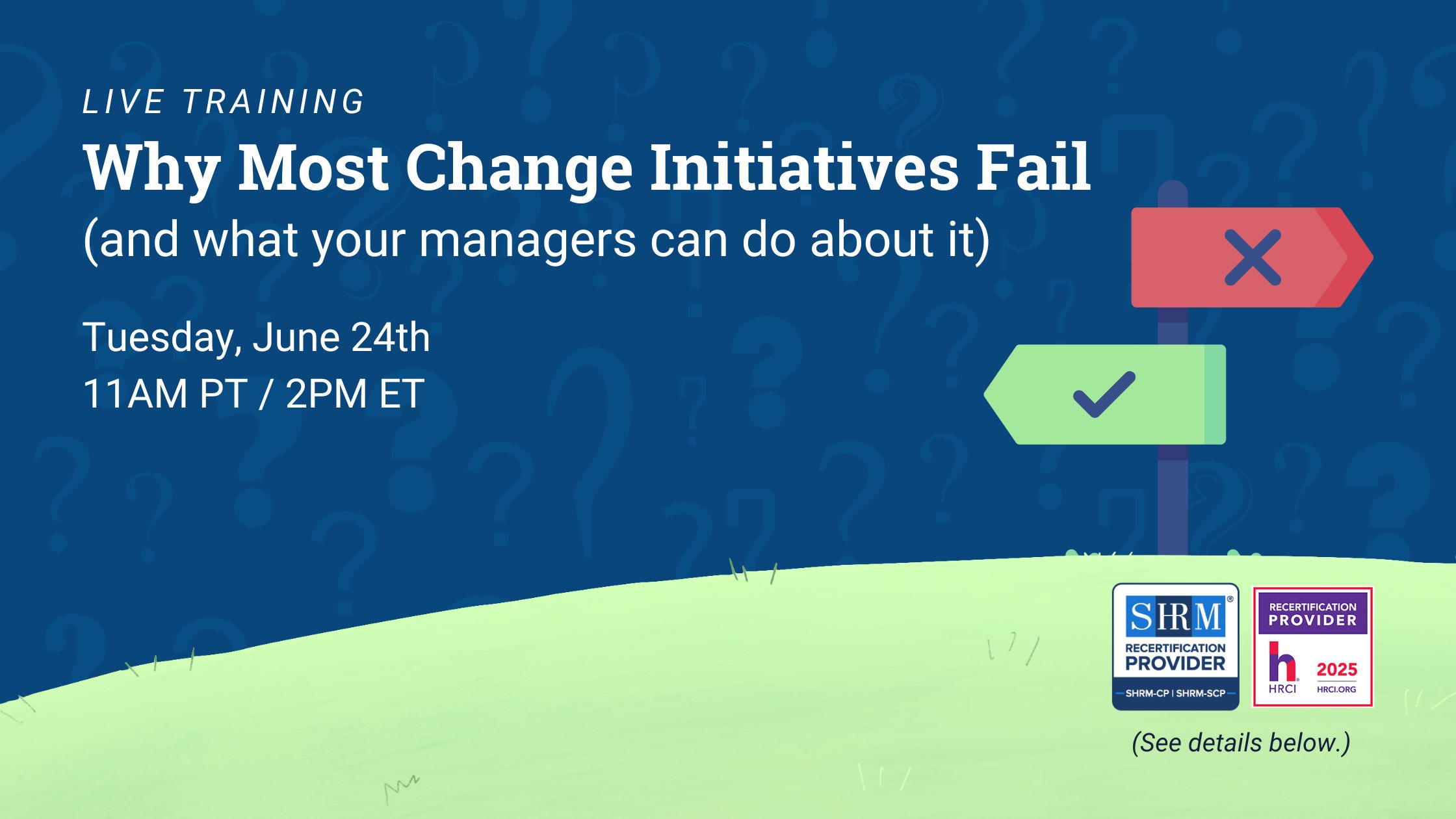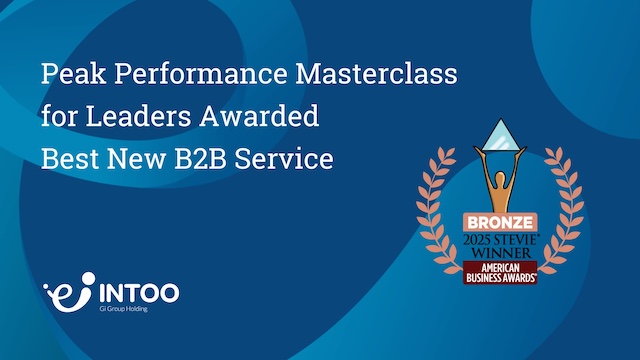Wellness topics such as stress management, financial wellbeing, physical health, and others as they relate to work life have come into focus. Both employees and the unemployed are familiar with the frequent struggles to balance priorities, find time for what’s important, and retain a healthy mind and body. With a now-common awareness of these issues, those in need are rightfully expecting assistance with these matters in addition to career wellness.
Organizations are now aware that employees’ well-being (and happiness) not only increases retention, but also leads to more successful business outcomes. With that in mind, they’re incorporating wellness programs in their workplaces. And when it comes to those experiencing unemployment and using outplacement benefits offered by their former employers, job seekers have particular concerns associated with their wellbeing that career coaches can help them address.
What Is Career Wellness?
Career wellness refers to the holistic well-being and satisfaction one experiences in their professional life. This experience applies not only to employment, but also to the time spent pursuing new roles. It encompasses various aspects beyond just financial success, including personal fulfillment, work-life balance, professional growth, and alignment with one’s values and passions. A person with a healthy level of career wellness feels a sense of purpose and satisfaction in their work, experiences minimal stress related to their job (or job search), and maintains a healthy balance between work and personal life. Achieving career wellness involves ongoing self-assessment, setting meaningful goals, and taking proactive steps to nurture one’s career path. This may involve seeking out opportunities for skill development, networking with like-minded professionals, pursuing work that aligns with one’s values, and maintaining a healthy work-life balance. During unemployment, that “work” is the job search process. Ultimately, career wellness is about finding fulfillment and satisfaction in one’s professional journey, leading to a more fulfilling and balanced life overall.

Why Addressing More Than Career Wellness Matters
While any unemployment situation can be stressful, when it’s unexpected, the impacted individual can experience a variety of unpleasant thoughts and feelings. How long will it take me to find another job? How will I pay my bills? What if I never find a job I like? Stressors like these and others can manifest themselves in a variety of ways, impacting a job seeker’s emotional and physical well-being. And when an individual’s well-being is compromised, that in itself can have a damaging effect on the job search process by leading the job seeker to have a negative outlook, low energy, and diminished productivity.
SHRM, recognizing the importance of mental health in the workplace, created a Workplace Mental Health Ally Certificate program to give HR professionals the tools they need to create a workplace that fosters a holistic approach to wellness. Similarly, career coaches working with the unemployed are addressing the impacts of unemployment to well-being in order to create a better environment for a more successful job search process, which in turn results in a more efficient and rewarding outplacement experience and increased career wellness.
How Career Coaches Can Help Job Seekers Improve Their Career and Well-being
Experienced career coaches participate in ongoing professional development that inform them on current best practices and allow them to provide services addressing the well-being of their coachees. Such a coach can help a coachee be open-minded and curious about their career path and potential opportunities, leading them to be more flexible and optimistic.
Career well-being
A job seeker working with a holistically-focused career coach won’t be led to simply seek a replacement job, but will be encouraged to work through assessments and exercises that will help them discover their skills and interests in order to find the most satisfying role. By focusing on an individual’s strengths, a career coach can help boost a job seeker’s confidence, which can wane during unemployment.
Financial well-being
Acknowledging a job seeker’s financial concerns and creating a plan to reduce the resulting stress can help the individual redirect energy to the job search. A career coach can also help the individual determine what income and benefits would be necessary for a stable financial life once employed, and then guide them through negotiations when an offer is presented.
Physical well-being
Managing stress can relieve its many physical manifestations, so a holistic approach to career coaching will include guidance on resources for mindfulness and fitness. This is particularly important for those who may have had to cut their gym memberships or therapy due to loss of income or healthcare benefits. A career coach can also help a candidate manage their time to avoid job search burnout. By reducing stress, a job seeker can have more energy to devote to the job search and have the optimism to put their best selves into their outplacement program and career wellness.
Social well-being
Channeling optimism into networking can help a job seeker’s social well-being even as it creates more opportunities to make connections, build community, find support, and discover hidden open positions. Being in touch with others during a time that can feel isolating is essential to well-being and a successful job search.
Improve Career Wellness by Offering Outplacement Services
When evaluating outplacement providers for your organization, be sure to ask about the coaching methodology used by the vendor. By offering a solution that includes a holistic and proven career coaching program that addresses more than just career wellness, you can ensure that your impacted employees are given an optimal chance of finding meaningful new work. And the positive experiences they have with the outplacement will reflect favorably on your company.
INTOO Outplacement helps employees transition to new jobs through unlimited hourse of one-on-one coaching from premier career coaches, resume reviews, and other career development and job search services. Contact us to learn how our outplacement program can benefit your company when you’re transitioning employees.
Robyn Kern is a seasoned business writer who has written in the HR, education, technology, and nonprofit spaces. She writes about topics including outplacement, layoffs, career development, internal mobility, candidate experience, succession planning, talent acquisition, and more, with the goal of surfacing workforce trends and educating the HR community on these key topics. Her work has been featured on hrforhr.org and trainingindustry.com.











